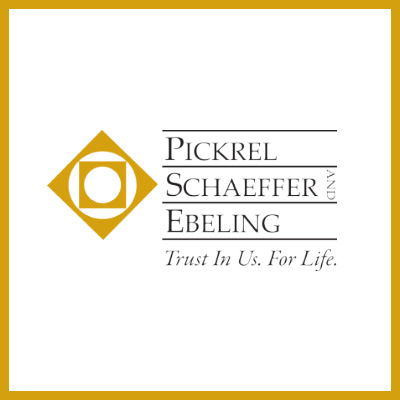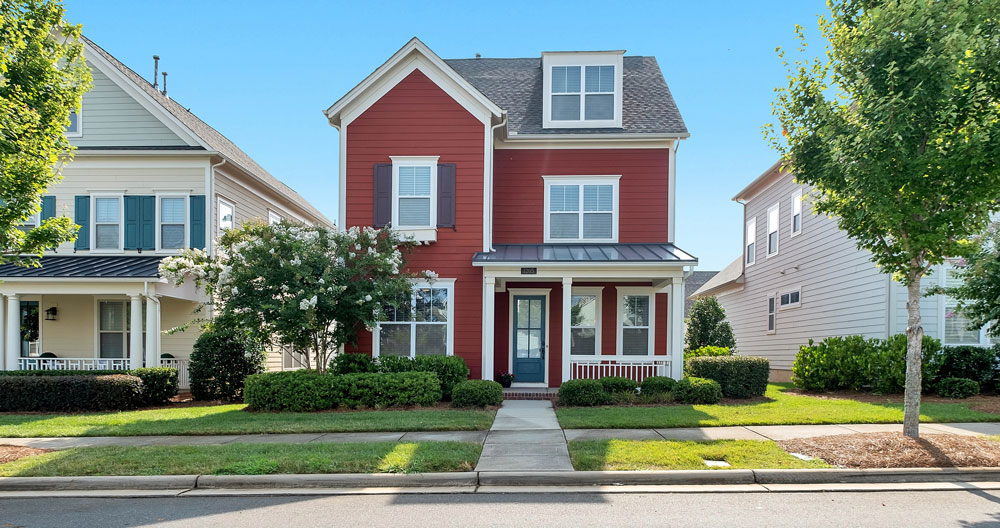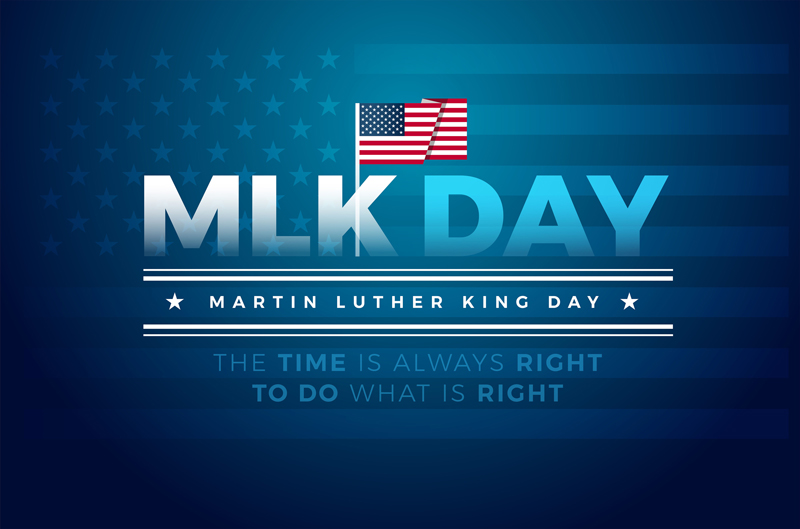Imagine this scenario: you are involved in an accident resulting in bodily injury and taken to a hospital. The hospital is not of your choice and – unbeknownst to you – is not within your health care insurance plan’s coverage network. The hospital provides emergency medical treatment, and at the end of it all you are faced with daunting medical bills from an out-of-network provider. What do you do? What are your rights and remedies in this situation? Where do you go from here?
Fortunately, the beginning of 2022 is bringing more than New Year’s resolutions and a reset of the annual calendar. Effective January 1, 2022, is the federal No Surprises Act, which was enacted as part of the Consolidated Appropriations Act of 2021. The Act is intended to prevent consumers with private health care insurance who inadvertently receive health care services from an out-of-network provider (particularly in an emergency room setting) from incurring “surprise” medical bills from those out-of-network providers after the fact.
In doing so, the Act requires private health insurance plans to cover certain out-of-network claims and apply in-network cost sharing to those claims. In particular, no surprise/out-of-network billing is permitted under the Act for:
- Patients receiving emergency room care (also applies to urgent care centers providing emergency services)
-
- Includes post-emergency stabilization services, which last until a physician determines that a patient can be safely transported to another in-network facility using non-medical transport and an in-network facility is able to accept such a transfer
- Patients who are transported by air ambulance (but does not cover ground ambulance costs)
- Patients who receive care (including non-emergency services) at an in-network health care facility
Under the No Surprises Act, out-of-network health care providers and private health insurance plans are to engage in a semi-collaborative process in order for insured patients to pay in-network rates for services covered under the Act:
- Health care providers first submit an out-of-network bill directly to the patient’s insurance health plan
- The patient’s private health plan then has up to 30 days to advise the out-of-network provider of the applicable in-network cost-sharing amount for the particular claim
- The health plan will then send an initial payment to the provider and send the insured patient an Explanation of Benefits (“EOB”) indicating the in-network cost-sharing amount that the patient owes the out-of-network provider
- The out-of-network provider can then send the patient a bill for the in-network cost-sharing amount
The Act specifically prohibits covered health care providers from billing patients above in-network cost-sharing rates for surprise/out-of-network medical bills, providing a penalty of up to $10,000 for each violation. Furthermore, health care providers are required to give consumers written notice describing consumer protections available under the No Surprises Act whenever providing a service covered under the Act.
Next time you or a loved one are facing the unnerving scenario of being hit with unexpected high out-of-network medical bills, consult the experienced personal injury attorneys at Pickrel, Schaeffer & Ebeling.
For inquiries regarding your protections under this new piece of federal legislation, or for any personal injury-related matters, contact our head personal injury counsel, L. Michael Bly, Esq. at (937) 223-1130, mbly@pselaw.com, or Matthew S. Hauer, Esq. at (937) 223-1130, mhauer@pselaw.com.
(Article: Mike Bly & Matt Hauer)













